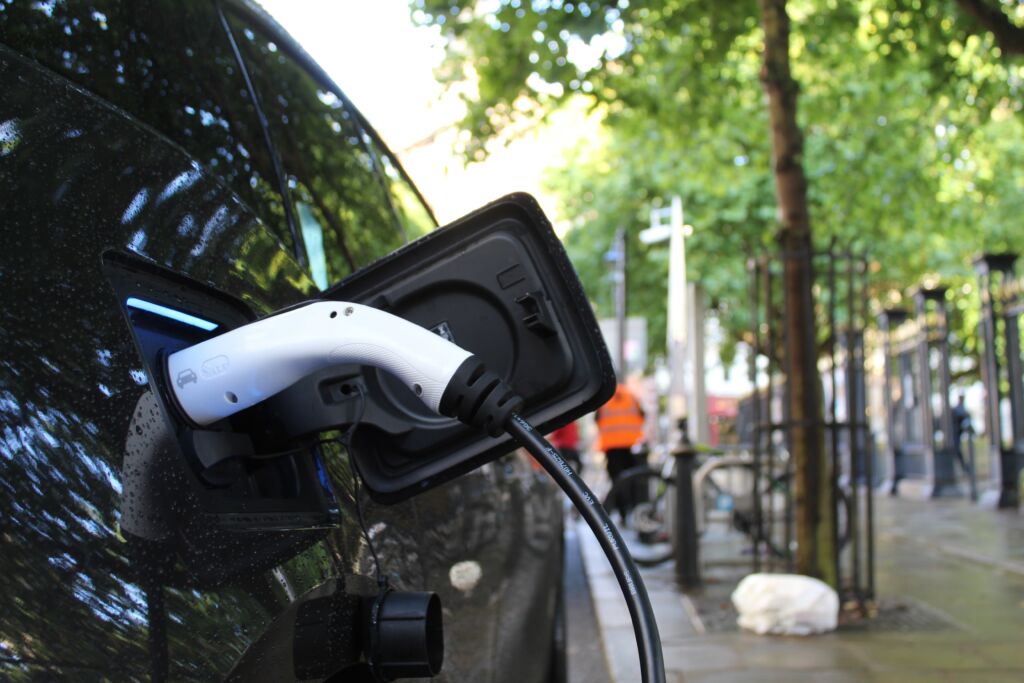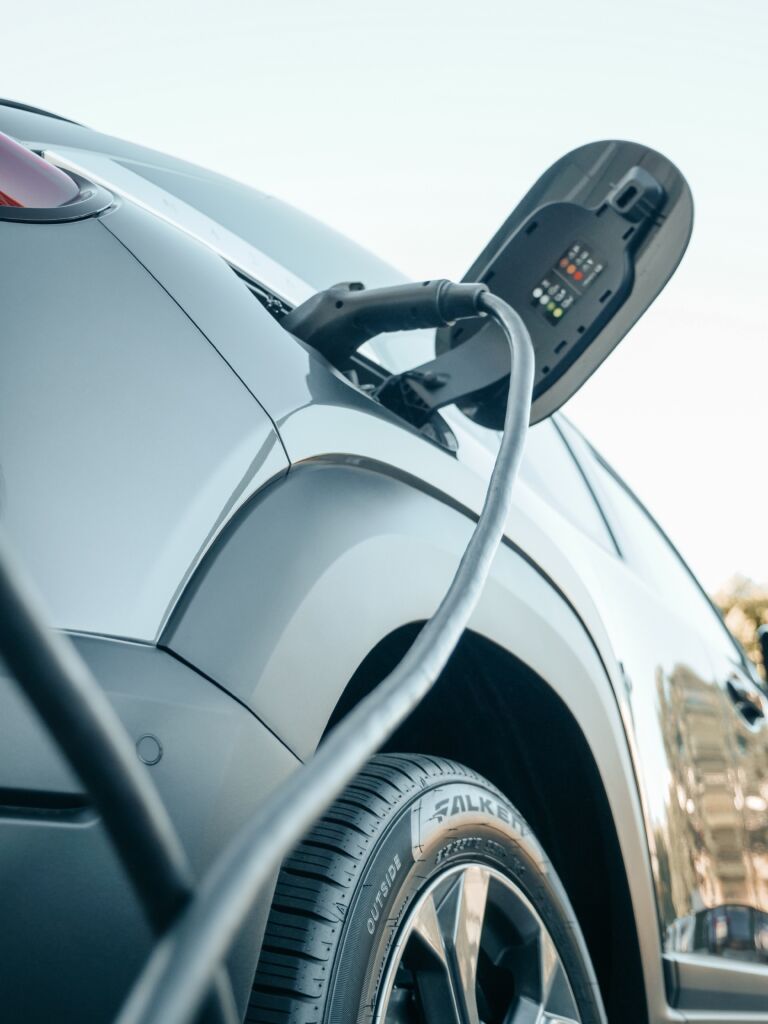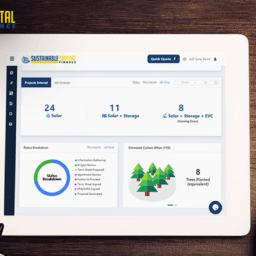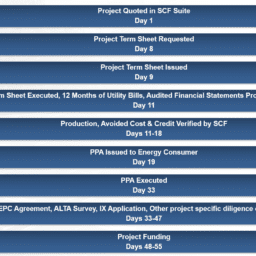As electric vehicles (EVs) become increasingly prevalent, the demand for reliable and efficient charging infrastructure is paramount. Several companies have emerged as leaders in providing commercial EV charging solutions. Here are the top five commercial EV charging companies in 2025:
1. ChargePoint

Founded in 2007 and headquartered in Campbell, California, ChargePoint operates one of the largest EV charging networks globally, with over 225,000 charging spots across 14 countries as of January 2023. The company offers a comprehensive range of AC and DC fast charging solutions tailored for various applications, including commercial, fleet, and residential use. ChargePoint’s robust cloud-based software platform enables businesses to manage and monitor charging stations efficiently, providing real-time data analytics and user-friendly interfaces for both operators and drivers.
Pros:
- Massive network and established brand recognition
- Strong software platform for managing charging stations
- Easy integration for commercial properties
Cons:
- Limited ultra-fast DC charging presence compared to newer players
- Primarily focused on North America, with slower global expansion
- Higher hardware costs for advanced features
2. Tesla Supercharger Network
Tesla’s Supercharger network is renowned for its speed and extensive coverage. With over 50,000 Superchargers worldwide, Tesla offers high-speed charging capabilities, adding up to 200 miles of range in just 15 minutes. The network is strategically located along major routes and urban centers, ensuring convenience for Tesla drivers. Recent developments have seen Tesla opening its Supercharger network to non-Tesla EVs through the introduction of the “Magic Dock” adapter, expanding accessibility and fostering broader EV adoption.
Pros:
- Fastest and most reliable charging speeds
- Excellent geographic coverage along major highways
- Integrated into Tesla’s ecosystem (navigation, payment, monitoring)
Cons:
- Still largely exclusive to Tesla vehicles
- Limited site availability in urban and rural areas
- No support for standardized hardware at many locations
3. EVgo

Established in 2010, EVgo operates one of the United States’ largest public fast-charging networks, with over 1,000 locations across 35 states. The company focuses on providing DC fast charging solutions, with chargers delivering up to 350 kW, capable of charging an EV in 15 to 30 minutes. EVgo’s strategic partnerships with automakers like General Motors aim to expand the charging infrastructure further, with plans to install 3,250 DC fast charging stalls in major metropolitan markets by 2025.
Pros:
- Emphasis on fast charging (up to 350 kW)
- 100% renewable-powered stations
- Strong partnerships with retailers and automakers
Cons:
- High charging fees compared to some competitors
- Limited rural and suburban coverage
- Occasional network reliability issues reported by users
4. Electrify America
A subsidiary of Volkswagen Group of America, Electrify America has rapidly developed a comprehensive network of ultra-fast DC charging stations across the United States. The company boasts the country’s largest open DC fast-charging network, with stations offering charging speeds of up to 350 kW. Electrify America’s commitment to sustainability is evident through its use of 100% renewable energy to power its network and the integration of solar projects to reduce its carbon footprint.
Pros:
- Nation-wide availability with fast 150–350 kW chargers
- Backed by significant funding and government incentives
- Open network with Plug & Charge capability
Cons:
- Some users report confusing pricing structures
- Software/connectivity issues at certain stations
- Expansion slower in dense urban areas
5. Blink Charging

Blink Charging provides a wide array of EV charging equipment and services, operating over 23,000 charging stations across the United States, Europe, and the Middle East. The company’s offerings include both Level 2 and DC fast chargers, catering to various commercial and residential needs. Blink’s cloud-based software and mobile app facilitate easy access and management of charging sessions for both EV drivers and station owners.
Pros:
- Strong portfolio of charging hardware for different use cases
- Aggressive expansion into Europe and Latin America
- Flexible ownership and revenue-sharing models
Cons:
User experience varies by location and partner
Slower rollout of high-speed DC chargers
Limited back-end software capabilities compared to peers








